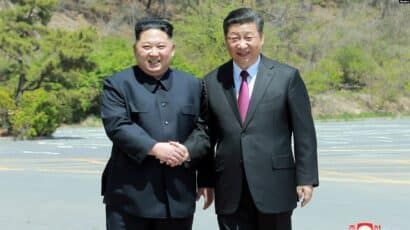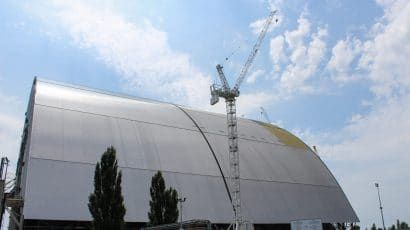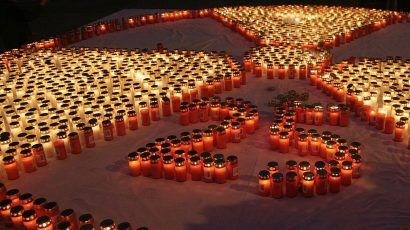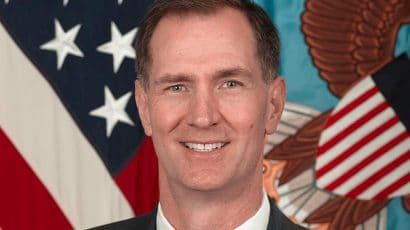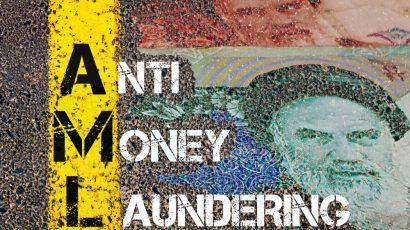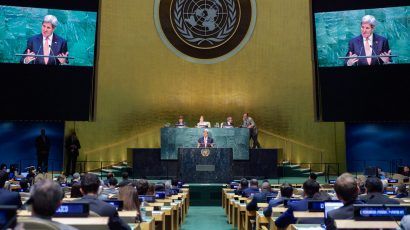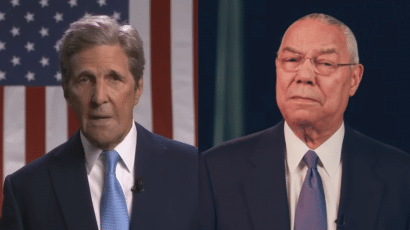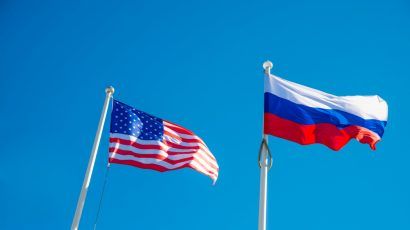Search results for nuclear terrorism
The Trident Dispatches No. 1: An overview of the debate
Does Britain need to replace its nuclear weapons? The current system, which comprises four nuclear submarines, around 50 U.S. Trident D5 ballistic missiles, and up to 200 warheads similar to the U.S. W76 (around 100 kilotons each), is good to go until well into the 2020s. So why is British Prime Minister Tony Blair so keen for a decision before he departs office?
Russian forces now control Chernobyl, inviting speculation and uncertainty
Russian forces seized control of the Chernobyl Nuclear Power Plant. While some offer measured responses concerning the potential for human and ecological disaster, others express alarm, including the Chernobyl’s former Exclusion Zone head who spoke with the Bulletin.
The very small Islamic State WMD threat
Fears that terrorists could get and use nuclear, chemical, or biological weapons are overblown
Advice for the Blue Ribbon Commission
President Barack Obama's Blue Ribbon Commission on America's Nuclear Future will have its first meeting this week. The commission, formed after Obama cancelled the Yucca Mountain spent nuclear fuel repository in January, is tasked with rebooting the country's five-decade-plus effort to manage its high-level radioactive waste.
Is North Korea’s reprocessing facility operating?
In response to a U.N. resolution punishing its nuclear test on May 25, North Korea defiantly threatened on June 13 to weaponize all of its newly separated plutonium. Pyongyang also declared, "More than one-third of the spent fuel rods has been reprocessed to date." However, recent off-site air samples and satellite imagery suggest that North Korea's reprocessing facility isn't operating, casting doubt on Pyongyang's statements. But is it possible that North Korea's reprocessing facility could be in use without detection?
2011: Chernobyl 25 years later: Many lessons learned
The former leader of the Soviet Union reflects on the nuclear radiation accident that happened on his watch.
No to no first use—for now
Today, US policy is to consider the first use of nuclear weapons only in “extreme circumstances,” and only against adversaries who have nuclear weapons or are not in compliance with their Nuclear Non-Proliferation Treaty (NPT) obligations.
International anti-money laundering reforms and Iran
An intergovernmental body that promotes international anti-money laundering and counter-terrorism financing standards just kicked the can down the road when it comes to Iran. Which may not be such a bad thing, depending on your perspective.
Lessons from a Mexican theft
What the hijack of a truck carrying radioactive material says about nuclear security.
A dangerous biodefense path
The Bush administration claims its biological research initiative will help fight terrorism, but does this research violate the Biological Weapons Convention?
What Obama should offer North Korea
As if President Barack Obama hasn't inherited enough trouble from his predecessor, nuclear negotiations with North Korea are once again headed for trouble. In return for energy aid, North Korea agreed at the latest round of Six-Party Talks in December 2008 to complete the disabling of its plutonium program. The Bush administration, however, insisted that the disablement be verified--moving the goalposts beyond what the six parties had previously agreed to do.
Sticks, stones, and words: “Ugly stability” between India and China
The recent India-China border clashes demonstrate the ugliness of the “stability” that nuclear weapons have brought to Southern Asia.
No, it is not time to ditch the NPT
It would be reckless to throw away the only treaty that commits the major nuclear powers to work toward disarmament. Rather than eroding the NPT, here’s how we can strengthen it.
The limits to international cooperation on Iran
Far more is at stake in diplomacy with Iran than a solution to the Iranian nuclear program.
Closing the biology-security gap
Contrary to popular opinion, I think that the international community has been relatively successful in constraining the proliferation of nuclear weapons over the last 60 years. I also believe that we may see a substantial reduction in the number of nuclear weapons over the next decade. Yet I am much less optimistic when it comes to the proliferation of biological weapons. In part, because it's easier to account for fissile material than biological material.
Convention takeaway: Democrats (and some Republicans) call for a return to multilateralism
Over four nights, speakers of many stripes stressed the need for the United States to work with other countries on nuclear weapons, climate change, and the COVID-19 pandemic.
Finance Committee
The Science and Security Board (SASB) is comprised of a select group of globally recognized leaders with a specific focus on nuclear risk, climate change and emerging technologies. The SASB provides the Bulletin with objective external perspective on trends and issues in these related fields, and connects the organization to outside experts. The SASB’s responsibilities include: (1) serving as the Editorial Board of the Bulletin; (2) setting the hands of the Doomsday Clock, and authoring a supporting statement; (3) providing editorial and program advice to Bulletin staff; (4) helping track trends in global security, nuclear issues, climate change and emerging technologies; (5) identifying new experts as contributors to the Bulletin and for membership on the SASB; and (6) representing the organization at public events, including to broadcast, print and other media outlets. The SASB meets in person biannually, and its subcommittees meet more regularly.
What strategic stability? How to fix the concept for US-Russia relations
Washington and Moscow have long had a verbal attachment to what they call “strategic stability”—a promise not to engage in nuclear brinksmanship and the basis for a constructive dialogue. However, as a concept, strategic stability has not aged well.
Teaching biosecurity
In his keynote address delivered at the International Conference on Science and International Security: Addressing the Challenges of WMD Proliferation and Terrorism in Madrid on November 9, Sen. Richard Lugar, Republican of Indiana, stressed the need to expand the 20-year-old Nunn-Lugar Cooperative Threat Reduction (CTR) Program, which he and former Sen. Sam Nunn, Democrat of Georgia, developed in 1991 to secure and destroy nuclear, chemical, and biological weapons in the former Soviet Union.
